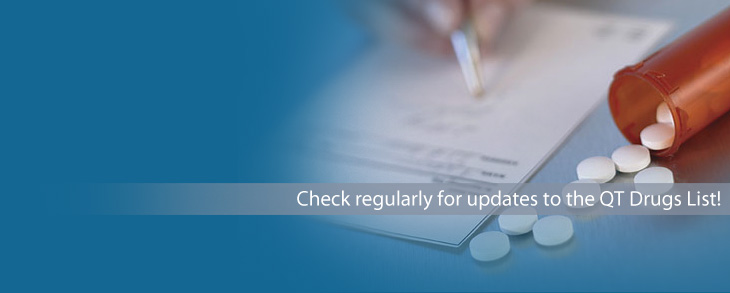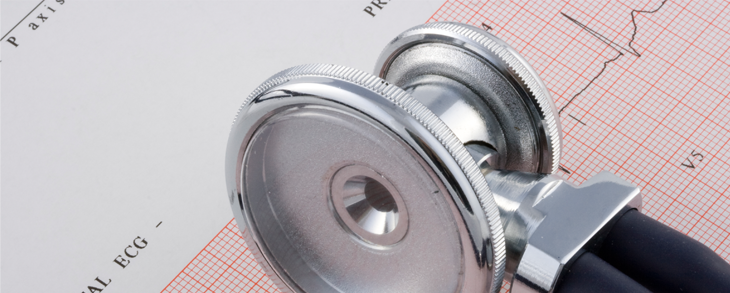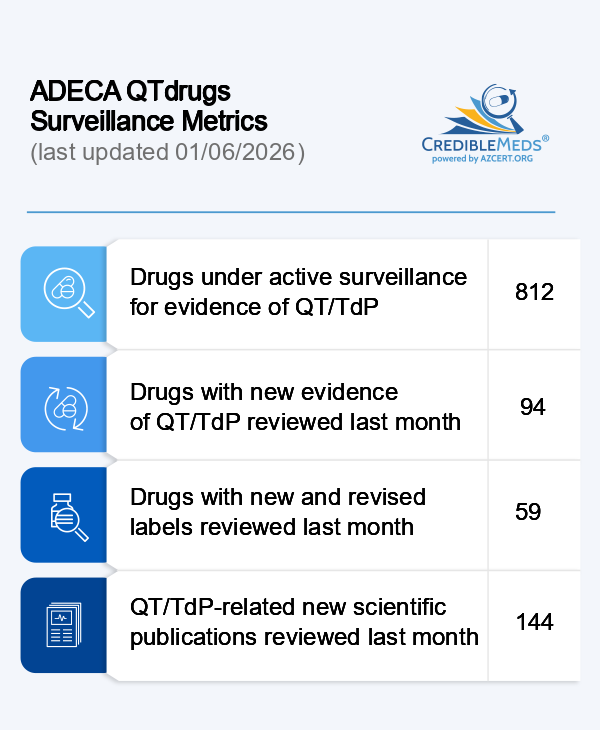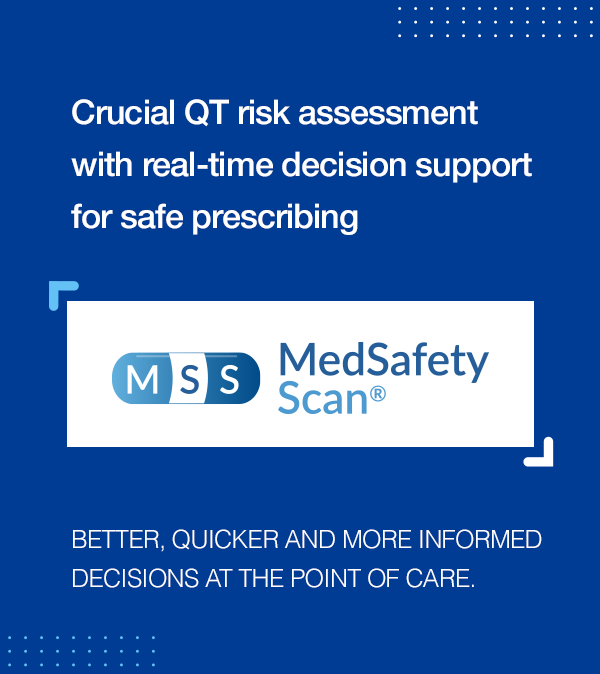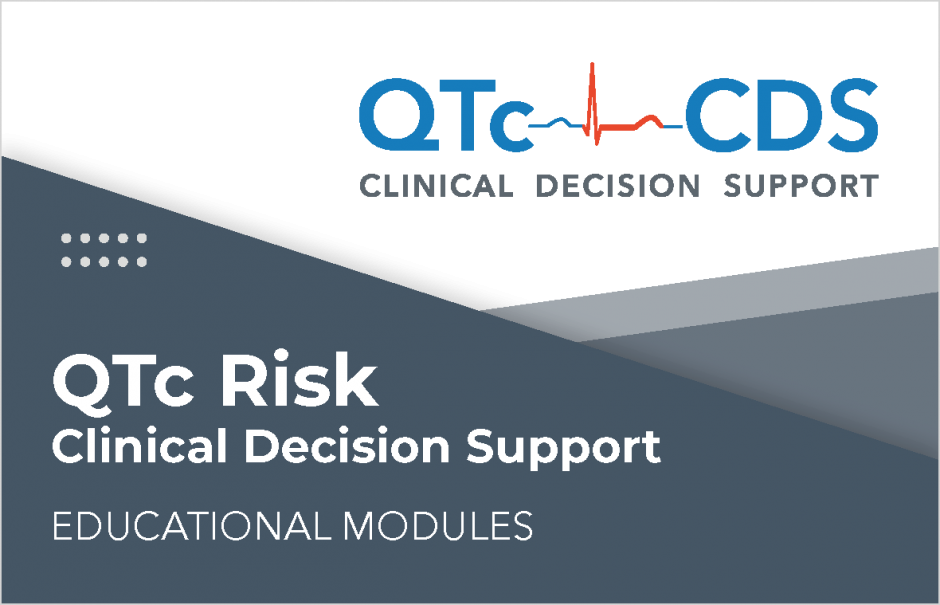Safe Medication Use
Click here for a printable pdf version of these guidelines.

- Take a list of all your medicines --both prescription and non-prescription - to every doctor's visit, or bring them in a bag. Click Here for a printable list you can use.
- Bring a note pad to take notes, or bring a friend to ask questions and take notes for you.
- Ask your doctor to explain how, when and why you should take each prescription. If you don't understand, ask the doctor to explain again in simple language. Repeat the instructions to check if you got them right.
- Ask the doctor what to expect when you take the medicine and if it might affect other medicines you are taking.
- Make sure you can read your doctor's written prescription
- Ask the doctor for written information to take home that tells you how to take the medicine, any problems to watch out for, and what to do if you notice a problem.
- Tell your doctor about any side effect you experience from medicines you are taking, including allergic or unexpected reactions.

- Use the same pharmacy to fill all your prescriptions.
- Check with your pharmacist to see if your computerized record contains all your current prescriptions.
- Ask your pharmacist to show you the label and explain how to take the medicine, even if you think you know how. Ask if there are any activities, non-prescription drugs, foods or supplements you should avoid with this medicine.
- Ask for written information about the medicine that includes a list of other medicines or foods that should not be taken with this medicine.

- Read your notes, the detailed instructions and the label before you take any medicine, prescription or non-prescription.
- Learn what the medicine looks like so you will know if you are taking the wrong pill or liquid.
- Follow the instructions on the label. Do not reduce nor increase the dose. Check with your doctor if the medicine does not seem to be helping.
- If you notice an allergic or unexpected reaction, call the doctor right away.
- Keep your medicines in a safe place, out of sight and away from children or others who might take them. Check expiration dates and dispose of old medicines safely. Do not flush into the drain or leave where they may be found.
- Do not share prescriptions with other family members or friends.
- If you are taking many medicines at the same time, plan a routine that will help you remember when to take them, or ask a family member to help.
- If you are uncertain about how to safely take the medicine, call the pharmacist for help.


